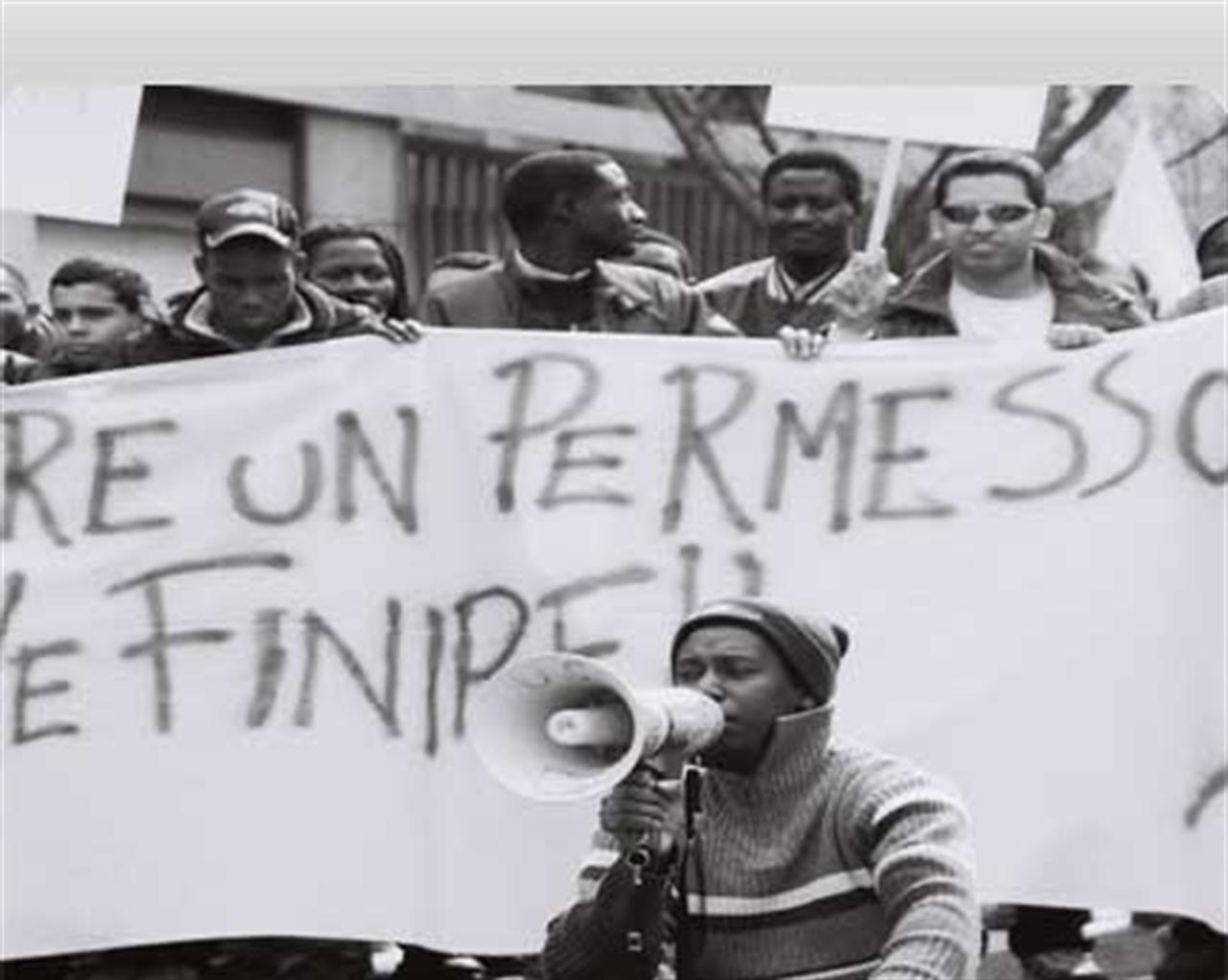Non profit
What would you do without us?
Special report on African migrants in Italy who, on 1 March 2010, took to the streets in peaceful protest
di Staff

The strike is over. Flags have come down and the participants are back home. 300,000 all over Italy, 2,000 in the centre of Milan, thousands more in France. After firing Europe up with demonstrations of workers on its streets, the recently born “Yellow Movement” is gearing up to go. African workers have a key role to play in the future of Italy and other European countries.
Stefania Ragusa, founder and organizer of this initiative, an Italian journalist and writer, is launching an appeal: the time to re-build has come.
“Now we are in the second phase. We have to create a political platform, call a national assembly of all the committees, which could be hosted once again in Bologna,” she writes in an open letter to all the 24 hours without us Facebook group’s members, “but at the same time we must be the expression of civil society and preserve our autonomy from parties and trade unions.”
Numerous organizations joined the symbolic demonstration – which only in a few cities turned into a real strike: PIME, the Italian Missionary Centre of Milan and various NGOs working in Africa, such as Terres Des Hommes, Amnesty International, AMREF and Emergency.
Africans were also among those on the streets, and they took active part in the demonstration by calling for a change in the relationship with foreign people and asking for equal rights. Some of them have remained critical, as they had already said to Afronline.org.
However, even though this event was only a small step – which gained a lot of media attention. Europe and Italy in particular need to get used to the growing presence of African workers.
According to the Dossier Caritas/Migrantes data, half of the foreign workers in France come from Africa, while they represent 34% in Portugal,19% in Spain, 16% in Holland and 15% both in the UK and in Belgium. As for Italy? Perhaps a surprise to some will be the fact that in 2009 the number of African workers was around 889,345, which means 22% of foreign people. The majority of them are Northern Africans, followed by their Western African counterparts. Since 2000, African communities have deeply increased, with a peak in Eritreans, whose population growth is around 143%. Workers coming from Senegal have increased by 75%, while Moroccans, Tunisians, Ghanaians and Nigerians have doubled, overtaken only by people from the Ivory Coast who have tripled in number.
Antonio Ricci, a Dossier Caritas/Migrantes expert, has opened a workshop dedicated to African migrations’ trends in Praia, on the Cape Verde Island. He explains that “today there are 1 billion African people, and in 2050 there will be three African people for every European, with a total amount of 2 billion inhabitants. At a demographic level, Africa will be the third giant, behind India and China.”
But it is still a problematic giant, where the unemployment rate is around 40%, reaching 95% in Zimbabwe and 85% in Liberia. Population growth and living conditions will push a growing number of African worker towards Italy, particularly the ones from Sub Saharan Africa, and will make them spread more across the country.
Africans are arriving, in ever growing numbers, but most of all they are integrating into Italian society. Partially thanks to a high birth rate which has caused their increased presence in schools, they occupy 18% of the foreign active population in Italy, preceded only by people from Eastern Europe.
Those who have been in Italy for a long time and are since well established, have clear views on the perspectives of African immigrants in Europe. “I often talk about it with people from Togo who want to leave for Europe. When I say do not come, they ask me why I am not going back. I think that the most important factor is learning the language of the country you are entering. I arrived in 2002 and for two years I studied Italian. Without the language you are left out,” says Sassou Efoe Mawuena Joseph, the Togolese founder of the cultural Association AFRIACA, based in Milan.
Continue reading the full article – pdf version
By Chiara Caprio – www.afronline.org
Nessuno ti regala niente, noi sì
Hai letto questo articolo liberamente, senza essere bloccato dopo le prime righe. Ti è piaciuto? L’hai trovato interessante e utile? Gli articoli online di VITA sono in larga parte accessibili gratuitamente. Ci teniamo sia così per sempre, perché l’informazione è un diritto di tutti. E possiamo farlo grazie al supporto di chi si abbona.
